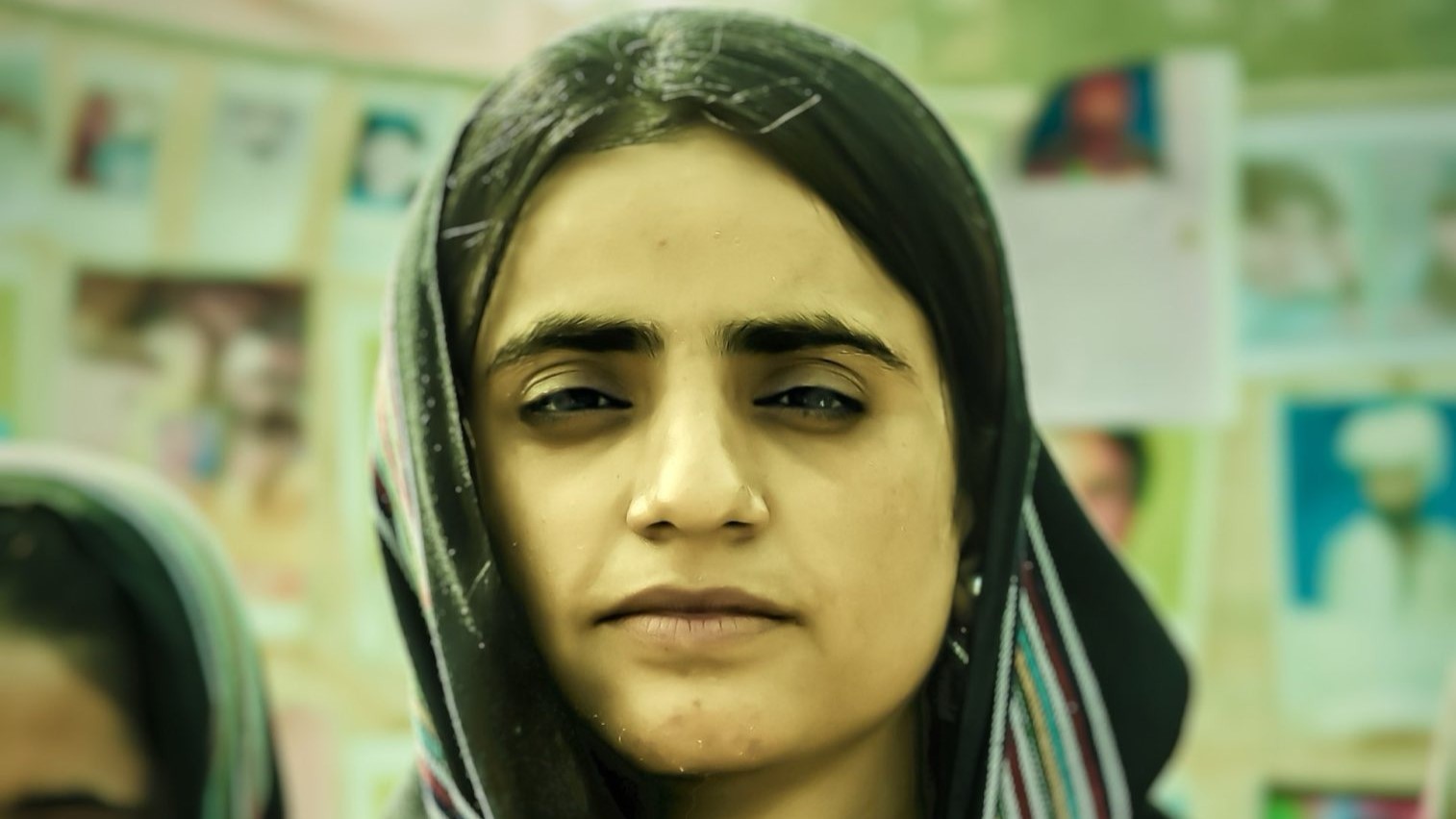
Opinion piece by Kiyya Baloch, freelance journalist working for PEN Norway.
Why doesn’t Norway speak up – loudly and forcefully – for Dr. Mahrang Baloch?
On March 22, 2024, Dr. Mahrang Baloch, a 32-year-old prominent woman human rights defender, was arrested in Quetta, the provincial capital of Pakistan’s Balochistan province. Her “crime”? Speaking out against human rights violations, enforced disappearances, extrajudicial killings, and the systematic economic exploitation of her region, which is rich in mineral resources but remains the poorest in Pakistan.
Balochistan comprises 800 kilometers of Pakistan’s 1,046-kilometer coastline and is home to vast untapped mineral reserves. For decades, the ethnic Baloch minority has been in direct conflict with the federal government of Pakistan, accusing Islamabad of plundering the province’s natural resources. Despite receiving major foreign investment, including a $250 million Chinese deep-sea port, a $240 million international airport, and a $7 billion Canadian gold and copper mining project, Balochistan remains mired in poverty. The local population sees little benefit from these developments. When they protest or demand their rights, they are often met with brutal force, forcefully disappeared and silenced.
Dr. Baloch’s activism is deeply personal. Her father, a political activist, was forcibly disappeared by Pakistani law enforcement agencies in 2009 and killed in 2011. Since then, Dr. Baloch has become a leading voice for thousands of families whose loved ones remain missing. In May 2024, she visited Norway to attend the World Expression Forum, and an event hosted by PEN Norway. Upon returning to Pakistan, she was shockingly charged with terrorism.
At the time, she said that she was treated in Pakistan as though she had returned from an Islamic State camp in Iraq or Syria, rather than from a peaceful, democratic nation like Norway.
Despite the continued harassment of Dr. Baloch, Norwegian authorities have remained silent. This silence is difficult to reconcile with Norway’s long-standing reputation as a defender of human rights. Norway, a strategic partner of Pakistan, has been a consistent aid donor. In 2023 alone, it provided approximately 130 million NOK in aid to Pakistan. Since 1967, total Norwegian aid to the country has exceeded 5.4 billion NOK.
Norway cannot ignore the plight of a woman who was welcomed by Norwegian civil society and later arrested and charged with terrorism simply for her peaceful advocacy, including activities on Norwegian soil. Dr. Baloch is not only a local symbol of courage in Balochistan. Her activism is globally recognized. TIME Magazine named her one of its “100 Next Emerging Leaders” in 2024. The BBC listed her among its “100 Most Influential and Inspiring Women” the same year. She has also been nominated for the 2025 Nobel Peace Prize. Her struggle embodies the very values that Norway claims to champion: equality, freedom of expression, and protection of peaceful human rights defenders.
Norway’s silence is even more troubling considering Dr. Baloch has spoken up for Norwegian citizens. When Norwegian national Ahsan Arjmandi disappeared in Balochistan in 2009 and was only released in 2021, as recently reported by Klassekampen, Dr. Baloch was one of the few voices demanding his release. She has consistently stood up for human dignity, regardless of nationality.
State Secretary Andreas Motzfeldt Kravik of the Norwegian Ministry of Foreign Affairs expressed concern over Dr. Baloch’s situation in an email to PEN Norway, saying that Norway is in dialogue with Pakistani authorities in both Islamabad and Oslo. But concern alone is not enough. As a major donor and vocal advocate of human rights, Norway must do more. It must serve not only as a platform but also take responsibility to speak out more forcefully on behalf of Dr. Baloch. Silence in the face of repression, especially against someone who stood on Norwegian soil to speak truth to power risks becoming complicity.
Balochistan has long been described as an information black hole. The Pakistani government strictly controls media access and blocks foreign observers. Even peaceful protesters are criminalized. One of the few voices that managed to break through this blackout was Dr. Mahrang Baloch. Silencing her sends a chilling message to all human rights defenders, especially women under authoritarian regimes.
Norway must publicly demand Dr. Baloch’s release and advocate for transparency and accountability from Pakistan. This is not just about one woman. It’s about the principles that define Norway’s foreign policy. Nobel laureates Narges Mohammadi and Malala Yousafzai have spoken out for Dr. Baloch. So have UN experts, Front Line Defenders, Amnesty International, and PEN Norway. The Norwegian government must not remain a silent spectator.
The Norwegian government and civil society should join the growing global call for justice and a free, fair trial for Dr. Baloch. If Norway will not speak up now, when a guest and friend of Norwegian civil society is at risk, then when will it?
The article originally appeared in the Norwegian daily Klassekampen and has been translated into English with the assistance of AI.
Photo: BYC

